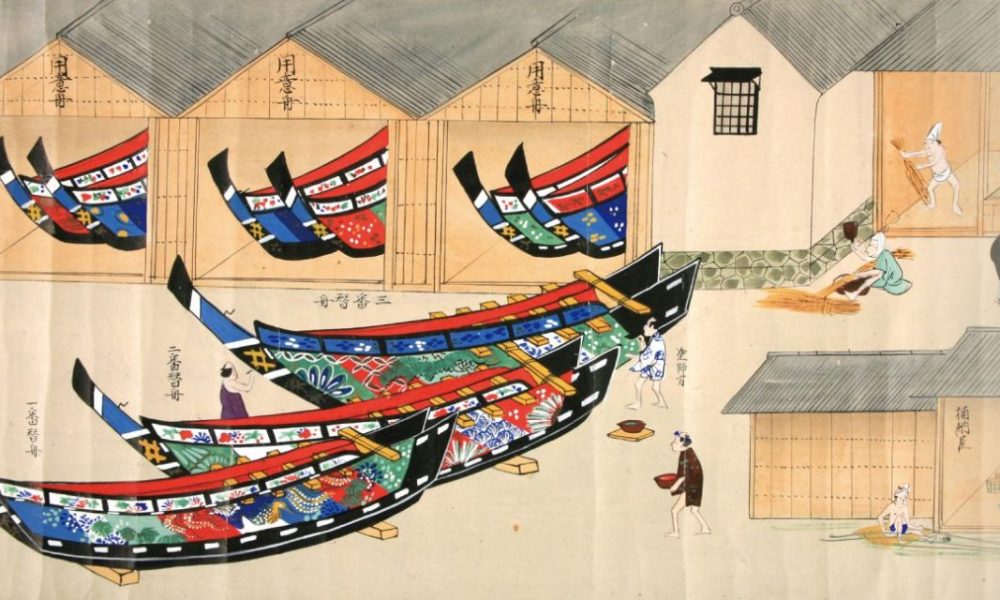
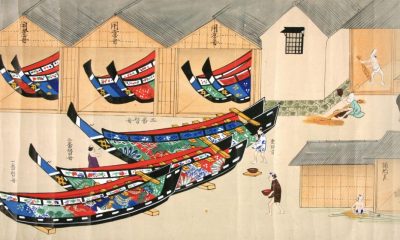

“We give thanks that we were able to make the catch without incident. We can’t forget our gratitude for the gift of another life” ー Taiji...
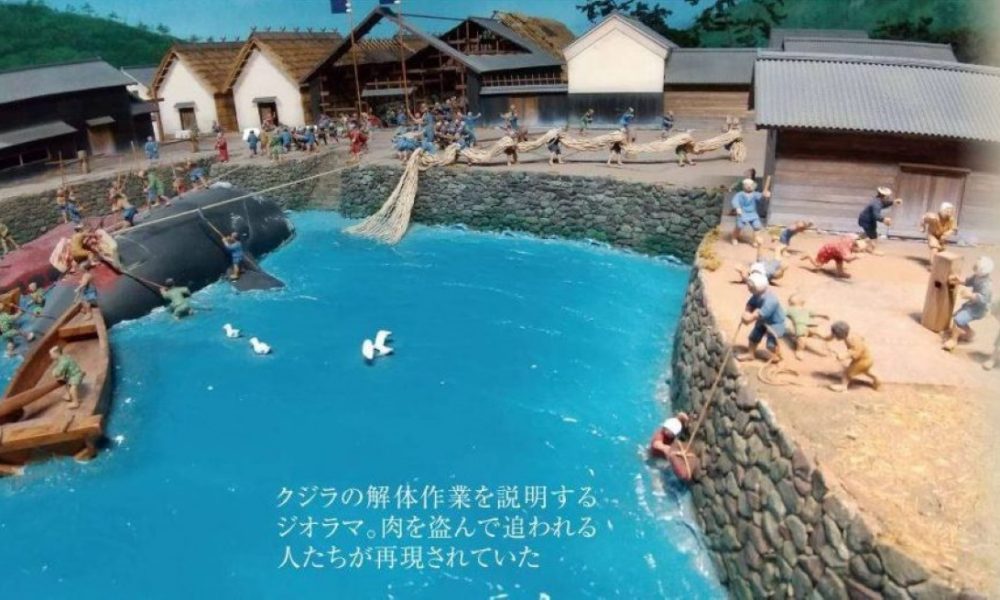
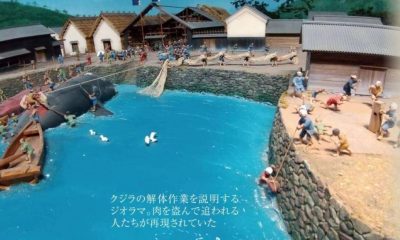

Japanese whalers of the Edo period made huge fortunes from an ocean resource that belonged to no one. Other groups stole some meat but weren’t punished.
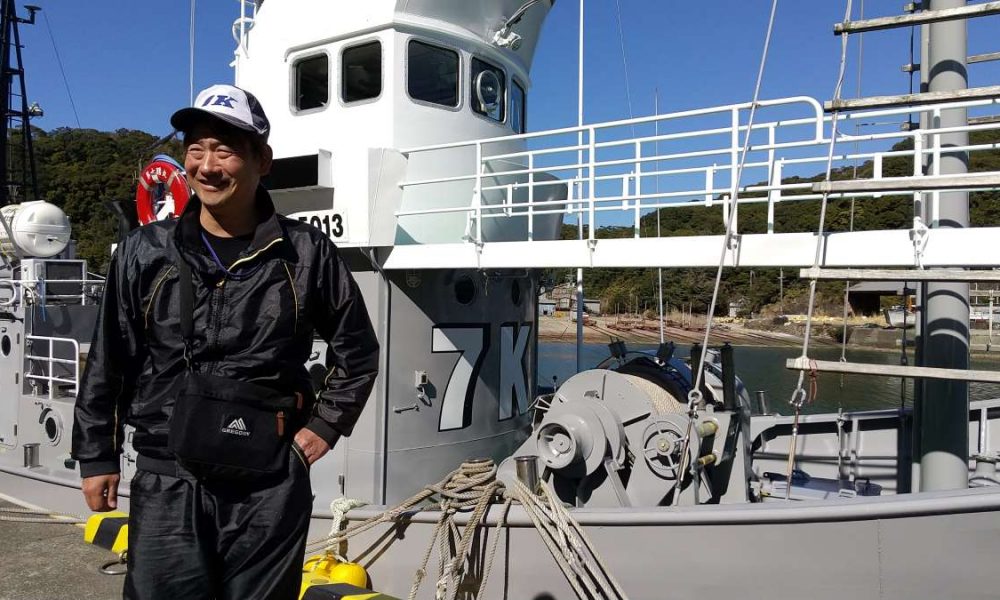
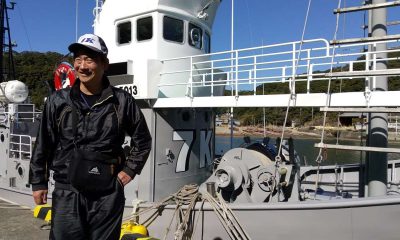

Practiced in Japan as far back as 4000 BC, and humans are still chasing whales 6,000 years later, largely for a spiritual reward not measured by...



What’s being debated in Japan, and what’s trending? The Week is a podcast that sets out to help you stay informed on news, culture and more.
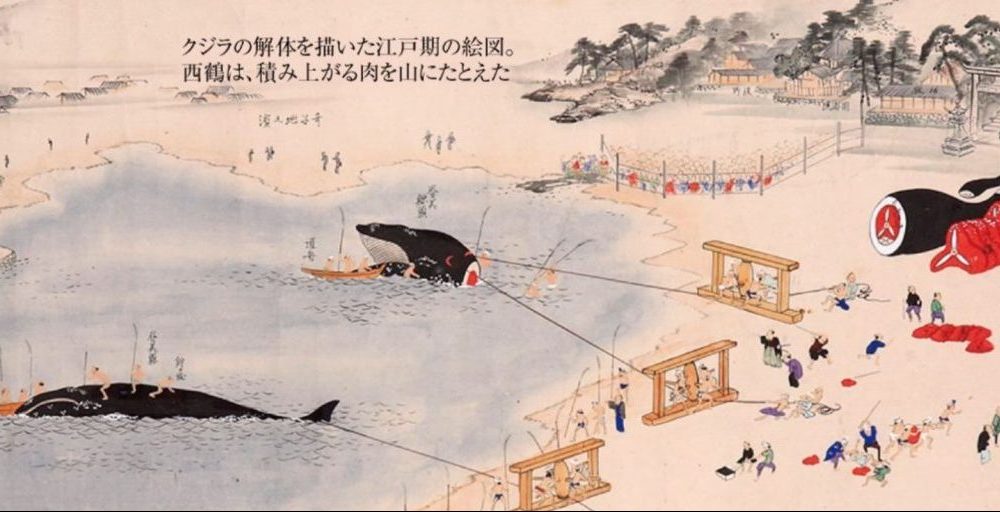
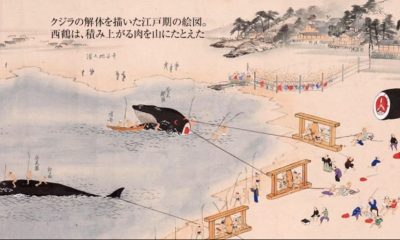

The whaling economy was preceded by a battle to overcome a giant creature which, more than profits and losses, required a spiritual vitality.
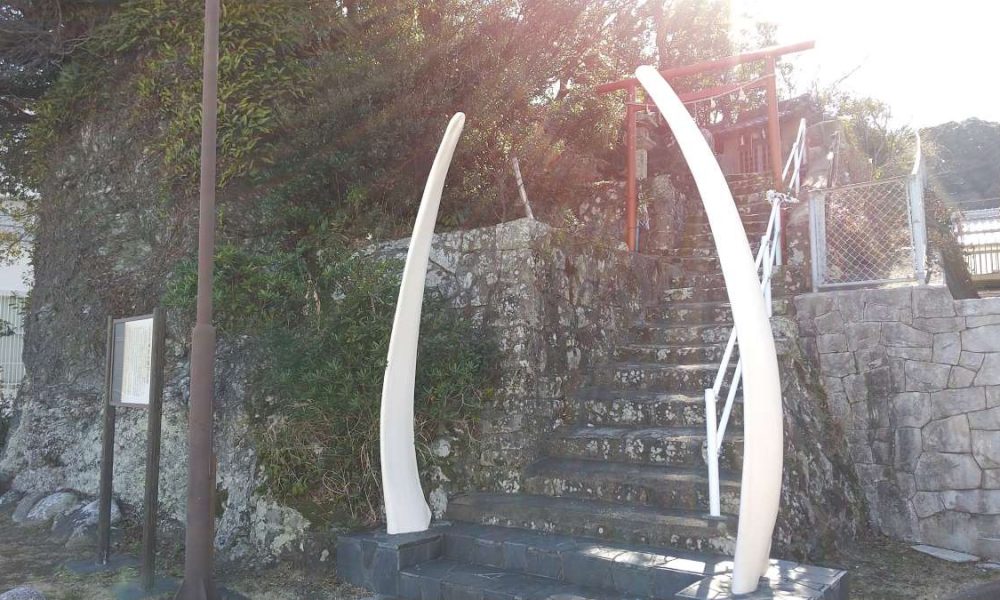
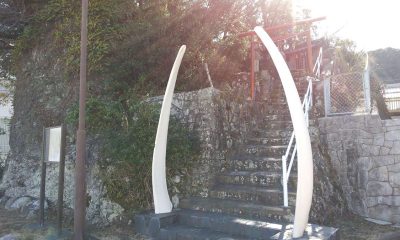

Whales were resources that swam slowly through the sea. Once brought up onto land, their massive bodies were divided and used until there was nothing left.
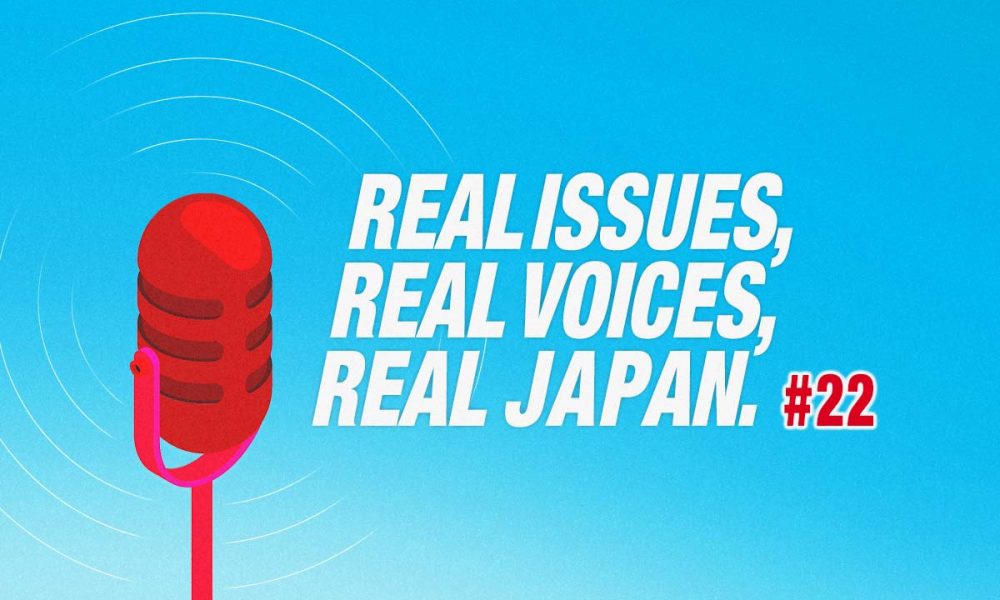


Jay Alabaster is a longtime journalist and now a PhD student at the Walter Cronkite School of Journalism at Arizona State University. He is also an...
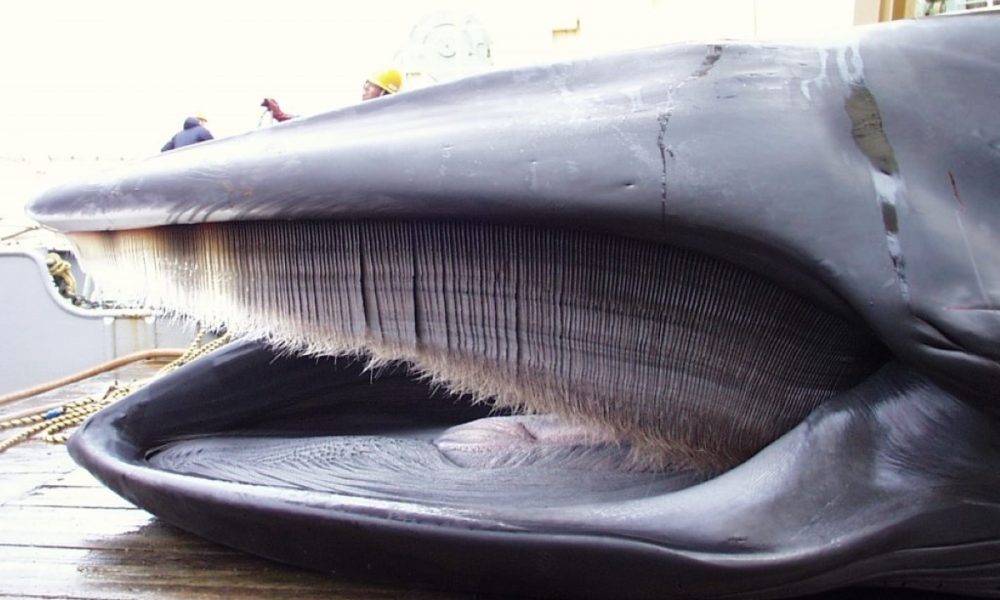
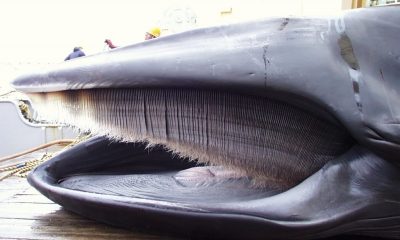

Artwork made from the baleen of whales has been an integral part of the culture of whaling communities in Japan and around the world, and some...
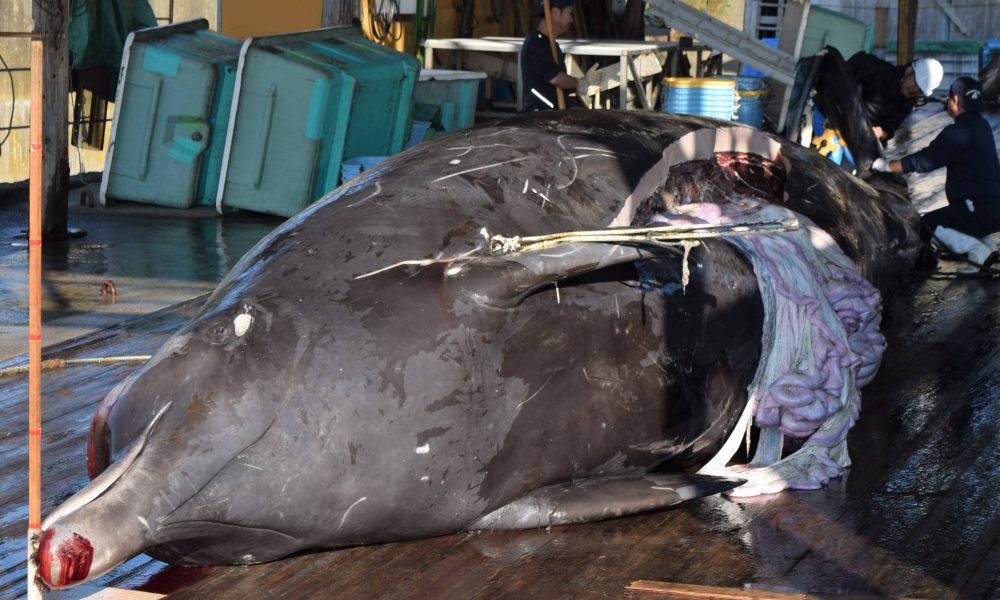
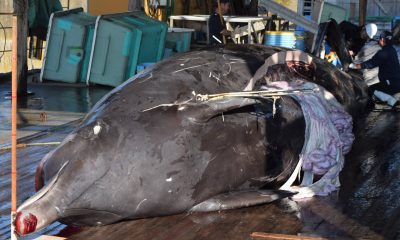

Locals are fighting to preserve their coastal whaling traditions by introducing new dishes and creating a healthy balance of demand and supply.
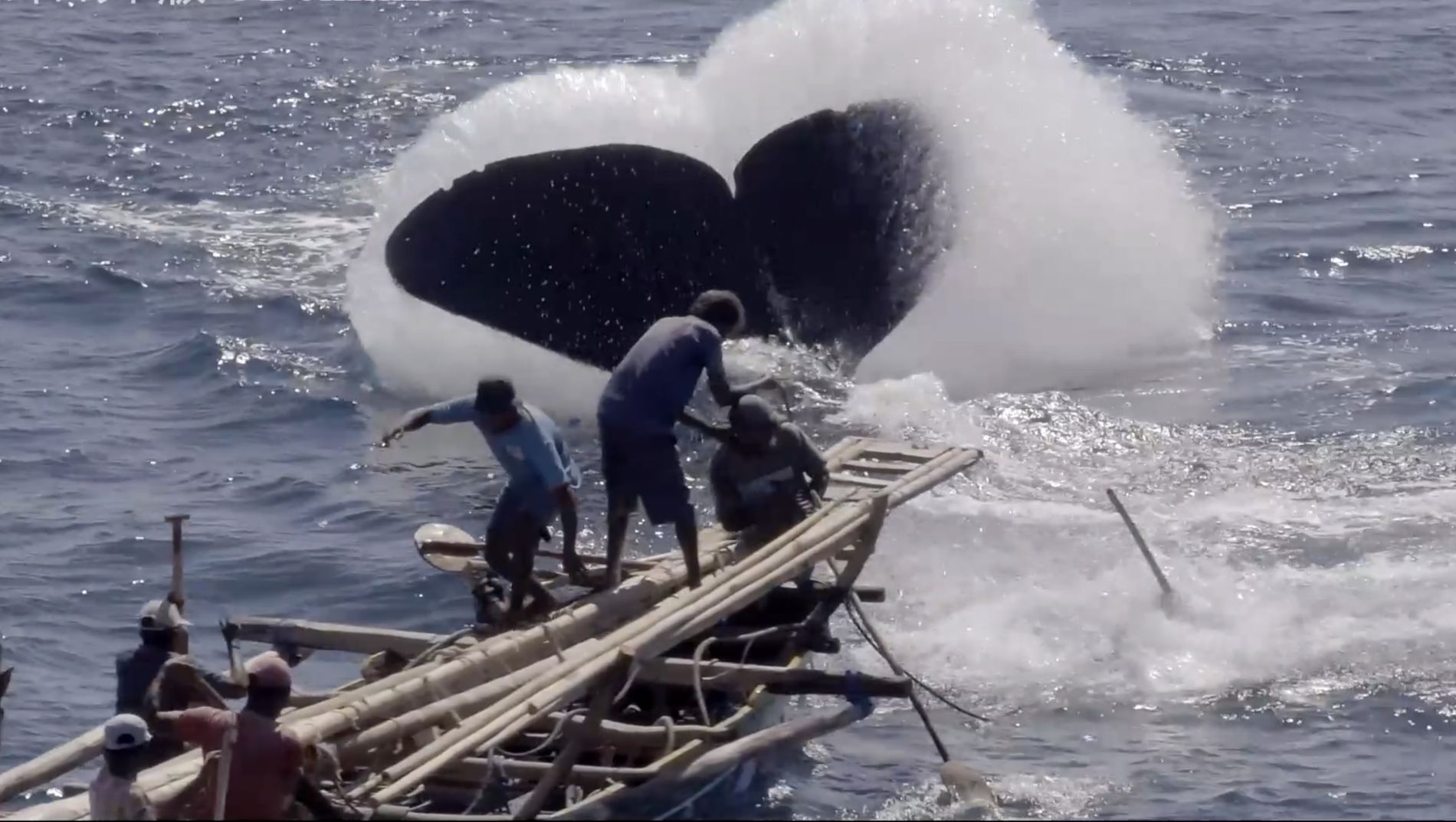

Voted as Best Film by viewers at the Guam International Film Festival, the whaling documentary by Japanese photographer Bon Ishikawa continues to gain momentum.
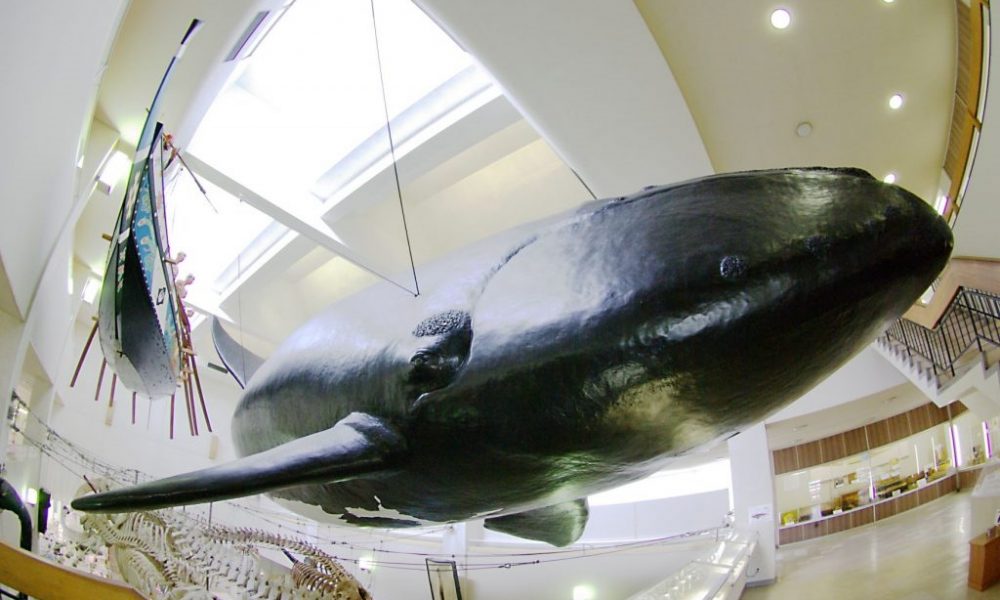
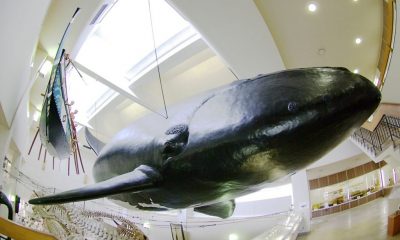

The Taiji Whale Museum in Wakayama Launches a 360-degree Panorama Experience.
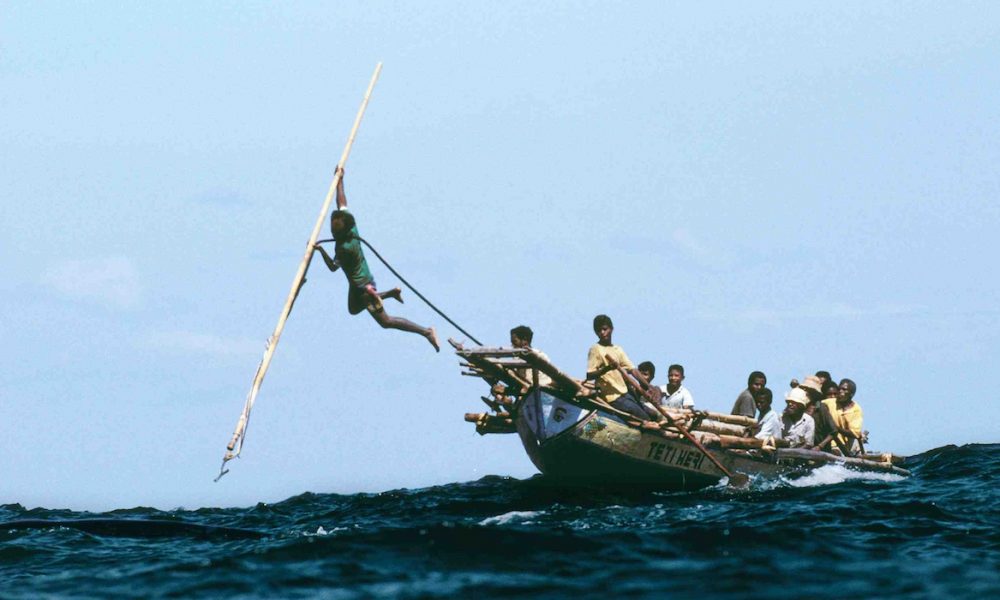
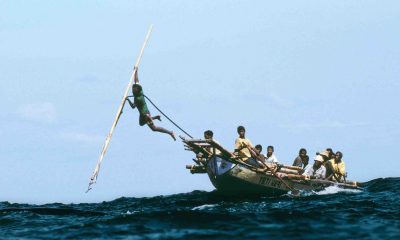

In a beautifully shot film now showing in Japan, photographer-cum-director Bon Ishikawa whisks us away to an Indonesian whaling village, letting us ride along with the...